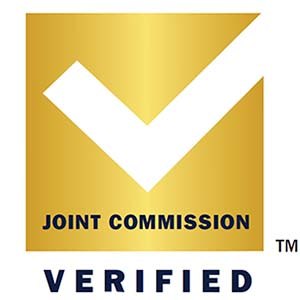State Collaborations
States across the U.S. are collaborating with The Joint Commission with the aim of reducing maternal mortality and morbidity through the recognition of Maternal Levels of Care Verification to meet state designation requirements.
Florida
With one-year of funding provided by the Florida Department of Health, the Florida Perinatal Quality Collaborative (FPQC) will pay initial site visit cost and first full year annual fee for any Florida maternity hospital willing to apply for and participate in The Joint Commission’s Maternal Levels of Care Verification Program.
Georgia
The Georgia Department of Public Health (DPH) is collaborating with The Joint Commission to use The Joint Commission’s Maternal Levels of Care Verification Program in its designation of levels of maternal care for all eligible Georgia hospitals.
Michigan
Birthing hospitals in Michigan receive funding for a full cycle of Maternal Levels of Care Verification through a State of Michigan-funded grant, administered by the Michigan Health & Hospital Association.
Missouri
The Missouri Department of Health recognizes The Joint Commission’s Maternal Levels of Care (MLC) Verification Program to meet their Levels of Maternal Care Designation.





